
Twenty-five years after Death Cab for Cutie began as a solo project for frontman Ben Gibbard, the indie band is thriving. As the quintet celebrates its silver anniversary, they’re showing no signs of following anyone into the dark. Their 10th album, Asphalt Meadows (out now), follows 2018’s Thank You for Today and has already spawned the group’s seventh No. 1 Adult Alternative Airplay hit with “Here to Forever.” Plus, Death Cab is revving up to launch a tour on Sept. 22 in Madison, Wisconsin.
Here, Gibbard shares how the Seattle-based band wrote Asphalt Meadows during the pandemic, what the group’s legacy is after 25 years and the moment he knew that they had arrived.
Congratulations on your 10th album. That’s a big milestone number. Did you go into it wanting to create something special to celebrate that?
No. We don’t really think about it in those terms. I mean, it wouldn’t really matter if it was the 10th record or the fifth record or the 50th record. Every record that we’re making, we’re going into the process trying to make the best record we can. Sometimes it’s successful, sometimes it’s not. But the fact that it’s the 10th is quite a trip.
You had a very different creative process making this album during the pandemic. Can you walk me through that?
We did kind of employ this tactic [using] a regular work week, Monday through Friday. On a Monday, somebody in the band would create a piece of music based on their instrument. So Zac [Rae] might do something on the piano, and then he would upload it to Dropbox. And the next day, another member of the band would pull that piece of music down and have the entire day to work on it. And so on and so forth for the rest of the week. Everybody was allowed full editorial control when they had the music. And it took me as a songwriter out of my comfort zone, which was good for me. But we didn’t do it for everything on the record — I think around half the record was written in this way.
Did some special creativity come out of this process?
I think the thing that was the most beneficial for all of us is that when you’re working on music in your own kind of studio space — with your own equipment, in your own time — there’s just a lot less pressure. And I think there’s more opportunity to be creative and experimental. We as a band have never benefited from five people in a room all playing full volume trying to figure out what you’re gonna play on a song. That’s just not a very conducive atmosphere for creativity, in my opinion. So I don’t see any reason why we wouldn’t continue to work with this kind of chain-letter songwriting.
“Roman Candles” is about the anxiety and sense of dread that you felt during the pandemic. So how did the pandemic affect the album lyrically?
If the pandemic did anything, it reinforced a lot of the anxiety that I had been having even before it about how fraught our sense of human connection and unity has been, how seemingly perilously close we have been to societal breakdown and chaos. And the pandemic was just kind of the match thrown into the barrel of gasoline. But I was very cognizant of not wanting to write a record about the pandemic because I felt that no one would necessarily want to be revisiting it or living in it again. Nobody needs songs about watching Netflix and ordering Uber Eats and feeling sad they’re not with their friends, right?
“Here to Forever” addresses looking back on the past with a certain nostalgia. Are you feeling particularly nostalgic with the band’s 25th anniversary?
I feel very fortunate that we’ve been able to have a career as long as we’ve had, and we seem to be making some new fans here and there. The audience isn’t merely a sea of people my age. It feels like the music has kind of been connecting with people of different generations and that people have been passing the music on to their kids or their younger brothers and sisters, whatever. And that’s really heartening to see. We’ve been together longer than some of the bands that I came up emulating. It fills me with a real sense of gratitude. But it’s not necessarily that I feel overly nostalgic for the early days of the band as much as I want to honor them.
“Rand McNally” is about building a legacy. What do you think Death Cab’s legacy is after 25 years?
I see us as being kind of like a very successful cult band. You know, we’re not a household name. We’re not Coldplay. We’re not Arcade Fire. We’re not, you know, Imagine Dragons or whatever. I would consider us a very successful cult band. And I don’t say that disparagingly — I say that with pride. I feel that we have built a very loyal fan base who continue to come to shows and buy the vinyl and be active as members of this little community that we’ve built. And I find that to be honestly the most rewarding way to have a career. We’re not getting hounded by the press or by paparazzi or anything like that.
As an indie band, what have been some of the financial challenges with streaming replacing album sales?
From a financial standpoint, I mean, touring is everything.
We are fortunate enough to be in a situation where we make a good living playing live. But in the early days of the band, what kept us afloat was not touring, it was the royalty checks from Barsuk Records that came in $4000 to $5,000 a quarter maybe. And in the early aughts, that money was rent, that was food … The way that streaming revenue is divvied up is is highly inequitable. If I spend $10 a month for, you know, Spotify or something like that, I want that money to go to the artists I’m actually listening to. I don’t want that $10 to go to Taylor Swift and Post Malone. But that’s how it works. And to me, that’s incredibly unfair and unethical. The only way I can support an artist that I love is by spending money to see them live and not necessarily by being able to purchase their music. If I were king, we would get away from this model where all the money is going to the largest streaming artists. I mean, what the f–k is that?
You’ve had such a unique career trajectory. Was there a moment where you felt in your mind that you had arrived?
Yeah, in 1998 at the Crocodile Cafe here in Seattle. It was a sold-out show — 300 people or something like that, not a massive number. But I had grown up dreaming about playing the Crocodile Cafe. We had put out Something About Airplanes, our first record, and it had been doing well locally. And the fact that 300 strangers would come see us play in the city that I didn’t live in yet but that I always wanted to live in … I remember just getting incredibly emotional and being like, “Holy sh-t — we made it, we did it. This is it.” That was the extent of, like, what I deemed success.
[flexi-common-toolbar] [flexi-form class=”flexi_form_style” title=”Submit to Flexi” name=”my_form” ajax=”true”][flexi-form-tag type=”post_title” class=”fl-input” title=”Title” value=”” required=”true”][flexi-form-tag type=”category” title=”Select category”][flexi-form-tag type=”tag” title=”Insert tag”][flexi-form-tag type=”article” class=”fl-textarea” title=”Description” ][flexi-form-tag type=”file” title=”Select file” required=”true”][flexi-form-tag type=”submit” name=”submit” value=”Submit Now”] [/flexi-form]
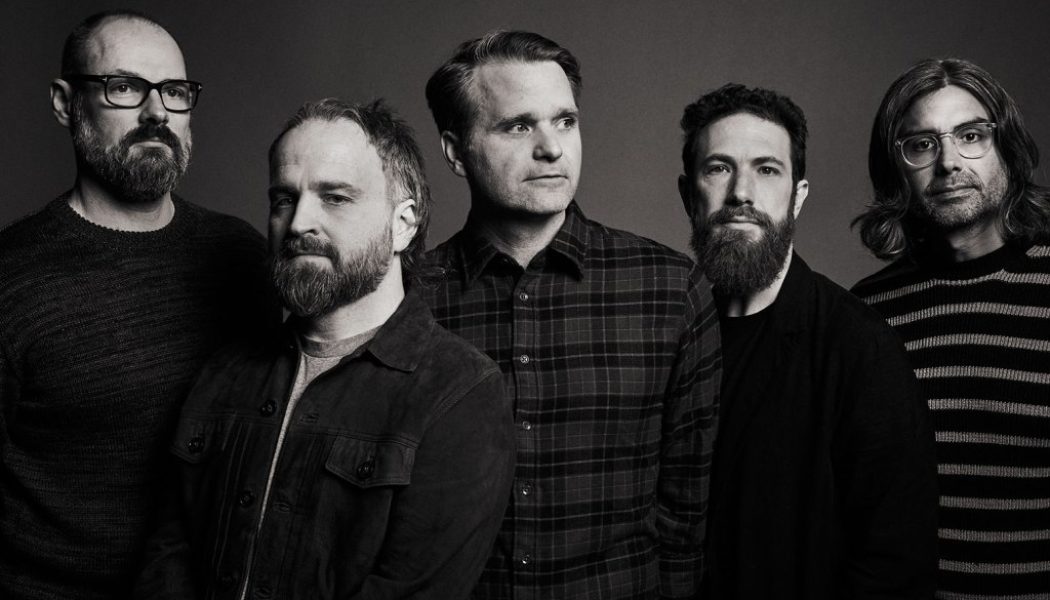


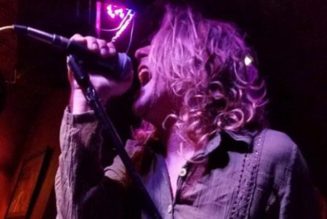
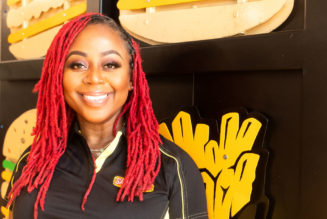
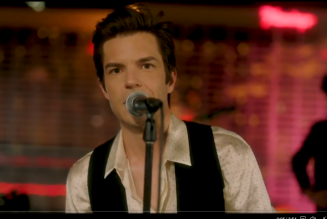
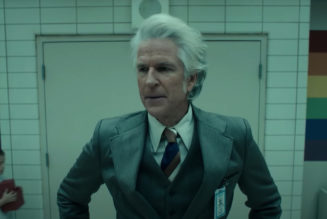
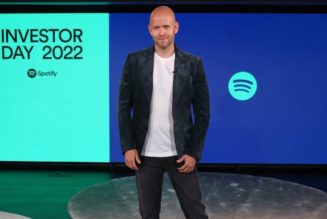
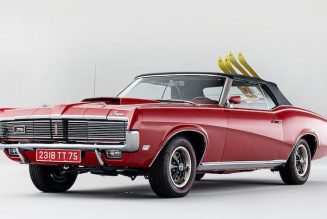
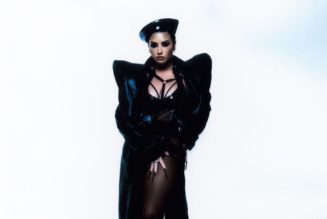
Tagged: entertainment blog, music, music blog, NEWS, Rock, Streaming, Touring